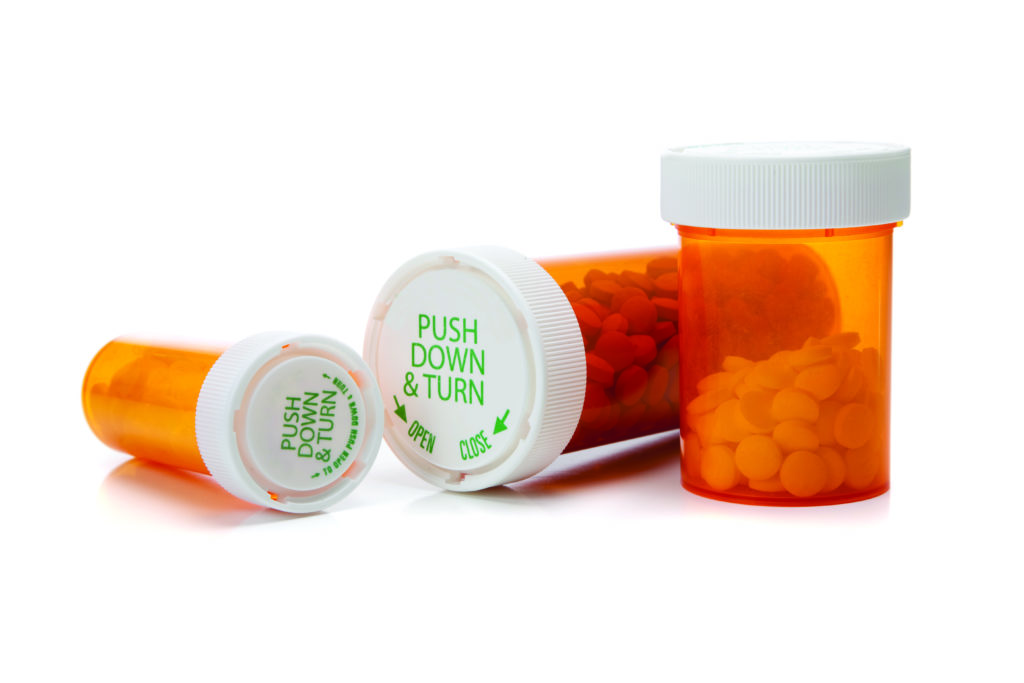
Cleaning Out Your Medicine Cabinet
By Jessica Park
If your daily prescriptions share space with medicine you stopped taking years ago, it’s time for a clean sweep! A shelf of half-empty pill bottles doesn’t spark joy and could be dangerous. Medicine can expire as its ingredients break down over time, making it less effective. Some expired medicine can even host bacteria.
Keeping unused medication in your home poses a safety hazard for children, pets, and other adults. According to the CDC, more than 50,000 children visit the ER each year after finding and taking an adult’s medicine. Cleaning your medicine cabinet could bring you peace of mind!
Don’t forget over the counter, or OTC, medicines like ibuprofen and cough syrup. Set aside anything expired or anything you don’t take anymore. Labels usually include best-by or expiration dates.
Drug Take Back programs are the safest way to dispose of unused prescription drugs. The DEA hosts National Take Back days in April and October when designated temporary collection centers across the country will accept unused prescriptions. There are also year-round collection sites, including pharmacies. To find a year-round collection site or Take Back Day in your community, visit dea. gov/TakeBackDay.
In general, it’s best not to flush unused medicine down your toilet; however, the FDA does have a list of
prescription medications that should be flushed immediately when no longer needed. These medicines, including opioid pills and transdermal patches, have high potential for abuse and could be fatal after just one dose. You can find the full flush list at fda.gov/DrugDisposal.
Most medications that aren’t on the flush list can be prepared to discard with your household trash. First, mix the medicine with coffee grounds, sawdust, cat litter or dirt. Don’t crush tablets or pills as you mix. Place the mixture in a sealable bag or container, seal inside another container or heavy bag, then place in your trash. Scratch out any identifying information on prescription labels before tossing bottles or packaging.
If you live in Columbia, you can take unused medication to the Household Hazardous Waste Collection Facility. Visit como.gov to find collection facility hours and details. Outside of Columbia, check with your city or county for similar services.
Medication that is inhaled or injected may require special disposal methods. Inhalers and sharps don’t belong with curbside trash. Inhalers can be dangerous if punctured or incinerated. Used sharps should always be kept in a sealed container before disposal. Ask your doctor or check the instructions included with your prescription if you’re unsure. You can find instructions for all FDA-approved prescription and OTC medicines at fda. gov/DrugsAtFda.
The FDA does not recommend donating or giving away unused medicine. Your prescriptions
were written for you based on your health conditions, medical history, and other medications you take. Other people may have a bad reaction to medication that helps you. Also, other people can’t guarantee that donated medications were stored properly.